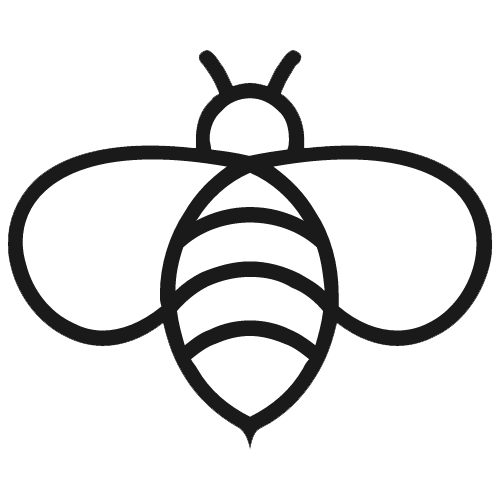How to set up an action plan for your learning
When you sit down to study, you should know what you are doing and why. This means that you should break down your goal into as simple steps of action as possible. When we sit down to do work, we often feel like procrastinating when the task ahead is too daunting for us to clearly see a path to an end goal.
Usually, a three-level break-down of what we want to achieve gives us sufficient detail without requiring hours of planning. For example, let us say we want to learn French.
| Tasks | Milestones | End goal |
| What are the small things that you must do to achieve a certain milestone? | Which milestones are necessary in order for you to reach your end goal? | What is it that you want to accomplish by doing this? |
The reason to break it all down is to have consistent small chunks of trial and error and rewards when completing.
What is your end goal?
My long-term goal is to travel to or live in France and to be able to have conversations in French without any problems or misunderstandings.
Whether you are studying for a certain career path or just because you want to learn more, you need to have some idea of why. Your long-term goal should not be achievable in a week, a day, or an hour. But the necessary steps for your milestones should be.
It is common to aim for a three-, six-, nine- or twelve-month time-period to reach an end goal. That helps to make it realistic and attainable and something that could actually happen. An end goal like “read every day” is a bit too vague, and it is hard to feel that you are making actual progress. Instead, phrase your end goal to “read a certain number of books for six months”. You can then divide the books up in milestones and see how much you should read every day or week to be on track.
Write out some necessary milestones to reach your end goal. What are some things you must be able to do first before reaching your end goal?
In the example of learning French, some milestones could then be to first be able to introduce myself and give a description of myself in French, then read a short book in French, and then to watch a French movie without subtitles. The milestone is not necessarily the primary action we should engage in, but just a result of several smaller and simpler actions.
The milestones should also build on top of each other. Like a ladder leading you to your end goal. Milestones are not only necessary to break up your end goal, but also helps you pivot in your journey. Maybe when you are halfway through to reaching your end goal, some milestones have to be replaced or the end goal rephrased, since you know know more than when you started.
What is the easiest next step to take to achieve those milestones?
To achieve these milestones, we have to accomplish some more smaller steps. If we just sit down and try and read a book in French, we would probably lose interest after a few pages as it would be too exhausting having to look up every word we encounter.
To be able to introduce ourselves, we would have to start by looking up some simple translations and just repeat and copy, which is something we could do with minimal effort thanks to Google Translate for example. Then we could watch some simple videos on Youtube and do some Duolingo to further build our vocabulary. Both of which are fairly easy to do and require minimum will power. After a while it would be much easier to read a short book, one chapter, one page, or even one paragraph at a time, and not feel overwhelmed.
Sometimes we just have to make it ridiculously easy. Some days the first task might be to turn on the computer, open the documents and write down the first paragraph of the chapter word by word in our notes. It is so easy, but it gets us started.

